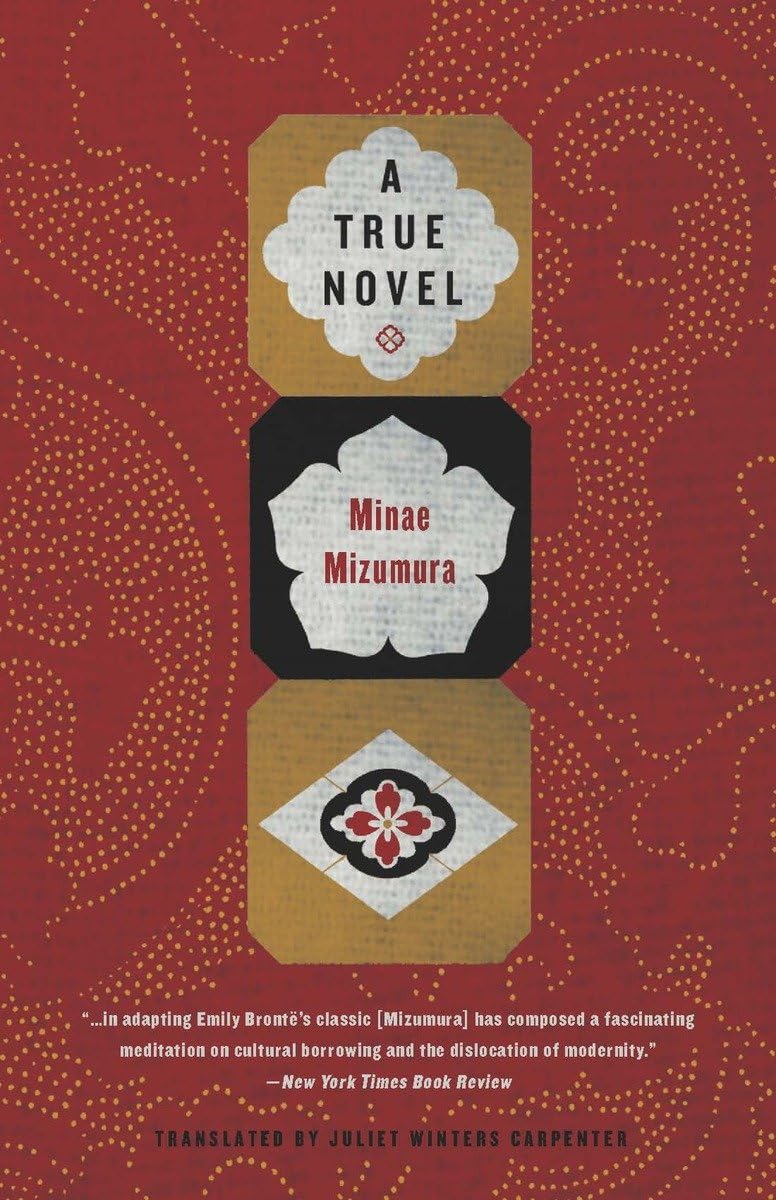
Breasts and Eggs
Book Description
A mother’s struggle to find her identity clashes explosively with her daughter’s desire to break free. As their lives entwine in a Tokyo drenched in both opportunity and despair, themes of femininity, desire, and the complexities of motherhood unravel in haunting beauty. Encounters with friends and family pulse with raw honesty, revealing the heartbreaking realities of aging and the desperate longing for connection. Tension mounts as secrets surface, forcing each woman to confront her deepest fears and desires. Will they find solace in each other’s truths, or will their paths tear them apart forever? What price are they willing to pay for freedom?
Quick Book Summary
"Breasts and Eggs" by Mieko Kawakami chronicles the intertwined lives of Natsuko, an introspective Tokyo writer; her older sister Makiko, struggling with single motherhood and anxieties about aging; and Makiko's silent adolescent daughter, Midoriko. Through intimate vignettes and raw conversations, Kawakami explores womanhood in modern Japan, delving into the personal and societal pressures bearing down on the trio. While Makiko obsesses over cosmetic surgery to restore youth and confidence, Natsuko contemplates motherhood without a partner, wrestling with autonomy, legacy, and bodily agency. Midoriko, caught between childhood and adulthood, withdraws into silence as she grapples with insecurities and family friction. Their struggles reveal deep questions about selfhood, femininity, and the longing for authentic connection in a society often hostile to female autonomy. Moving with understated lyricism, the novel exposes the heartache, beauty, and resilience of women forging their own paths.
Summary of Key Ideas
Table of Contents
The Search for Female Identity and Autonomy
Kawakami’s novel opens with Natsuko, a single writer living in Tokyo, whose life is disrupted by a visit from her elder sister Makiko and niece Midoriko. Makiko arrives seeking breast augmentation surgery, desperate to reclaim her sense of femininity and youth amidst the tribulations of working-class life. Through their reunion, Kawakami introduces the generational pressures and cultural taboos surrounding female bodies, beauty, and worth in contemporary Japanese society. The perspectives of Natsuko and Makiko set the tone for a nuanced exploration of self-image and societal judgment.
Motherhood: Burden, Choice, and Connection
As Makiko navigates her own insecurities and desires to alter her appearance, the novel delves into the strained mother-daughter relationship with Midoriko, who has ceased speaking to her mother altogether. Midoriko, on the verge of adolescence, feels overwhelmed by the changes in her own body and is unable to articulate her confusion and shame. The silence between mother and daughter acts as a powerful metaphor for the unspoken anxieties and misunderstandings that often define familial and generational interactions.
Body Image, Aging, and Societal Expectations
Transitioning to Natsuko’s journey, the narrative expands to probe the complexities of motherhood as both a burden and a choice. Natsuko, unmarried and approaching middle age, feels compelled to seek a way to have a child on her own in defiance of entrenched social conventions. The bureaucratic and emotional obstacles she faces force her to confront her deepest fears about loneliness, legacy, and what it means to nurture and be nurtured. This section of the novel interrogates societal expectations placed on women regarding marriage, reproduction, and the right to self-determination.
The Struggle for Meaningful Relationships
The women’s lives further intersect through their evolving relationships—not just with each other, but with friends, colleagues, and strangers. Conversations range from the mundane to the philosophical, each encounter shedding light on the universal longing for intimacy and understanding. Characters wrestle with isolation and strive for authentic connection amid the numbing routines of daily life, revealing the cost of silence and the difficulty of honest expression. The emotional resonance of their interactions forms the novel’s beating heart.
Communication, Silence, and Generational Gaps
In its moving conclusion, "Breasts and Eggs" refrains from providing neat resolutions, instead affirming the resilience of its protagonists and the continued ambiguity of their desires. The novel honors the small acts of courage involved in pursuing individual truth amidst societal pressure. By the close, Kawakami compels readers to consider how women struggle for agency over their bodies, relationships, and futures, suggesting that true freedom may lie in acceptance, solidarity, and the willingness to confront discomforting truths.
Download This Summary
Get a free PDF of this summary instantly — no email required.





